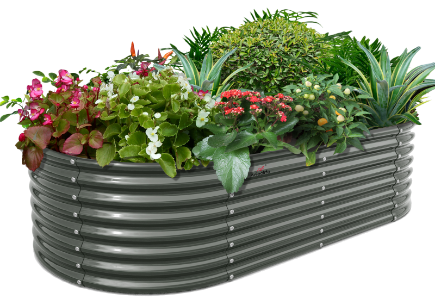As the world increasingly embraces sustainable gardening innovations, hydroponics stands out as a revolutionary method that allows for soil-less cultivation. This technique not only conserves water but also maximizes space, making it ideal for urban environments. But what exactly is hydroponics, and how can it transform our approach to gardening?

Understanding Hydroponics
Hydroponics is a method of growing plants without soil, using nutrient-rich water instead. This innovative approach offers several advantages:
- Faster plant growth due to direct access to nutrients.
- Reduced water usage, as hydroponic systems can use up to 90% less water than traditional gardening.
- Less space required, making it suitable for small areas.
- Fewer pests and diseases, leading to healthier plants.
By utilizing hydroponics, gardeners can cultivate a variety of plants, including vegetables, herbs, and even flowers, all year round. This method aligns perfectly with the principles of sustainable gardening innovations, promoting efficient resource use and reducing environmental impact.
Types of Hydroponic Systems
There are several types of hydroponic systems, each with unique benefits. Understanding these systems can help you choose the right one for your gardening needs:
- Nutrient Film Technique (NFT): A thin film of nutrient solution flows over the roots of plants, providing them with essential nutrients.
- Deep Water Culture (DWC): Plants are suspended in a nutrient solution, with their roots submerged in oxygen-rich water.
- Drip Systems: Nutrient solution is dripped onto the base of each plant, allowing for precise control over nutrient delivery.
- Wick Systems: A simple method where a wick draws nutrient solution from a reservoir to the plant roots.
Each system has its own set of advantages and can be tailored to fit various gardening styles and preferences. By exploring these options, you can find the best fit for your sustainable gardening journey.
Benefits of Hydroponics in Sustainable Gardening
Hydroponics not only enhances plant growth but also contributes significantly to sustainable gardening practices. Here are some key benefits:
- Environmental Impact: Hydroponics reduces the need for pesticides and herbicides, promoting a healthier ecosystem.
- Food Security: By growing food locally, hydroponics can help communities become more self-sufficient.
- Urban Gardening: Hydroponics enables gardening in urban settings, where space is often limited.
As we continue to explore sustainable gardening innovations, hydroponics emerges as a promising solution for addressing food production challenges while minimizing environmental impact.
Getting Started with Hydroponics
If you're interested in diving into hydroponics, consider starting with a simple system. You can find various resources and kits available online to help you begin your journey. For instance, check out for high-quality gardening supplies that can support your hydroponic setup.
In conclusion, hydroponics represents a significant advancement in sustainable gardening innovations. By adopting this method, you can contribute to a more sustainable future while enjoying the benefits of fresh, home-grown produce.








